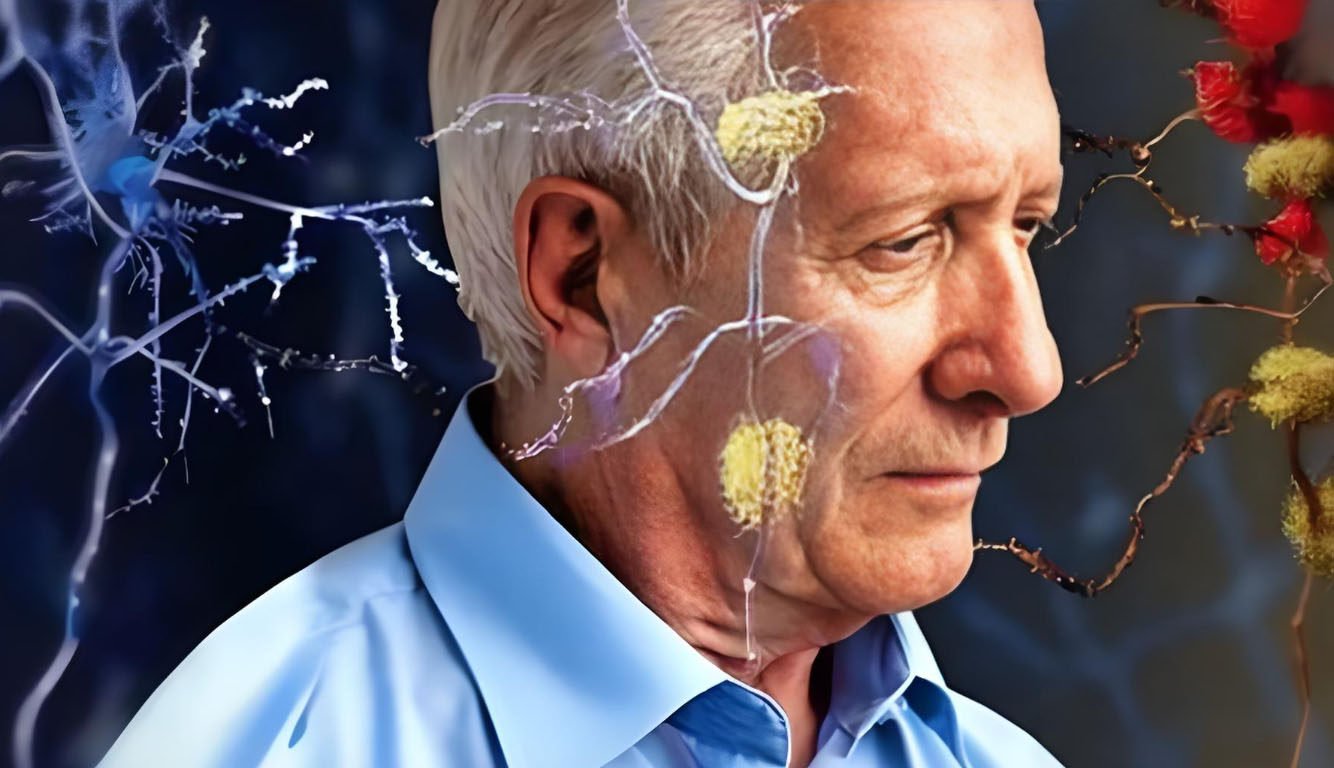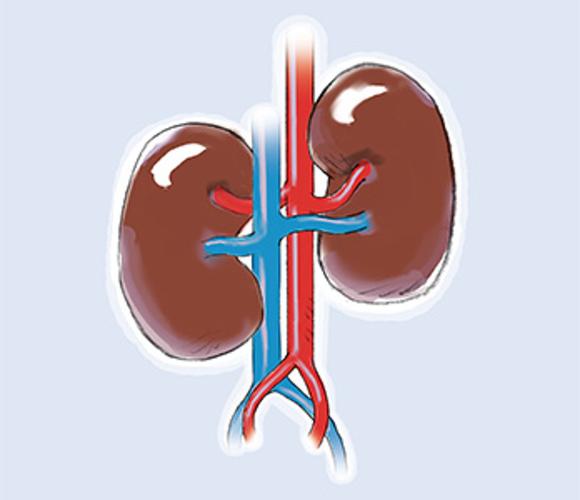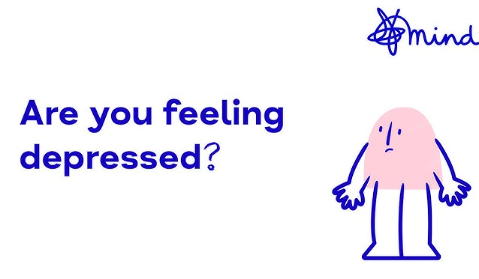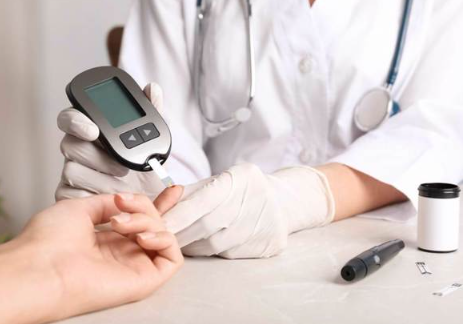Alzheimer’s disease challenges the mind with memory lapses and more as it progresses, leading in dementia cases. Symptoms extend beyond memory, affecting behavior and personality. Early detection significantly improves care and quality of life.
Early Signs to Note
Memory loss, like forgetting recent information, stands out. Trouble with problem-solving or planning, such as following recipes, signals potential issues. Confusion over dates or places can pose safety risks.
Communication Challenges
Conversations become difficult as Alzheimer’s progresses. Seniors may struggle with words, lose track of discussions, or repeat questions. Caregivers need patience during these moments of withdrawal.
Mood Swings
Mood changes from calm to agitation can be sudden, impacting both seniors and caregivers. Understanding and support are crucial during emotional shifts.
Daily Challenges
Tasks like driving or remembering rules become harder. Neglecting personal care indicates cognitive changes needing attention.
Importance of Early Detection
Identifying Alzheimer’s early allows better management and planning, promoting independence and tailored care plans. Caregivers play a vital role in observing symptoms and collaborating with healthcare providers.
Collaborative Care
Families, caregivers, and healthcare professionals must work together to recognize and support seniors effectively. Early discussions with doctors pave the way for a smoother journey through Alzheimer’s.
In summary, early recognition of Alzheimer’s signs empowers effective support and care. Vigilance, understanding changes, and initiating crucial conversations are key to enhancing seniors’ lives with the disease.




